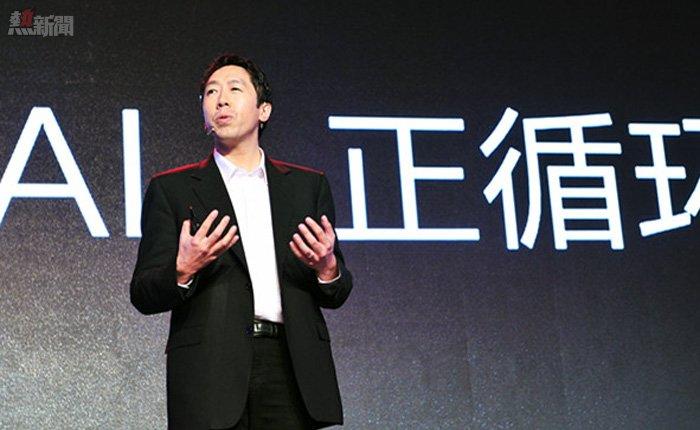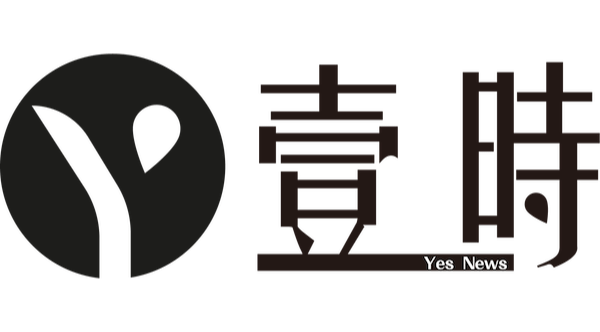
虎嗅注:上個月(5月17日)ImageNet舉辦方公告稱百度在近期的大規模視覺識別挑戰賽(ILSVRC)中被曝存在違規行為,組織方已經要求百度停止在明年提交ImageNet測試成績。媒體報道後,事件持續發酵。近日,Andrew Ng(吳恩達)發給相關員工的最新郵件表明,在ImageNet中作弊的百度深度學習小組科學家Leader Ren Wu(吳韌)被解除勞動合同,即刻生效。
關於「百度作弊」一事,各方評論眾說紛紜,虎嗅發現,綜合各方觀點來看,這其中至少有三個疑點:
先來看看吳韌同學是怎麼加入百度的:吳韌任是AMD異構系統首席軟件架構師,更早時期曾擔任美國惠普實驗室資深科學家及CUDA研究中心首席研究員。他是最早利用GPU進行海量解析的專家之一。2013年9月下旬,吳韌博士日前正式加盟百度深度學習研究院(Institute of Deep Learning,IDL),出任「傑出科學家」。
疑點一:五人蔘賽團隊,「作弊」不設防火牆?
此次參加ILSVRC挑戰賽的百度異構計算團隊只有五人,從5月17日ImageNet公開信發布後,百度方面第一時間出面回應的情況來看,吳韌應該是該項目團隊的負責人。百度最近宣佈的調查結果也證實了這一點。
吳韌被接職的消息發布後,有聲音指出「吳韌同志的三點錯誤:一、直接帶一線團隊,不給自己設防火牆,出了事頂包的都沒有,自己做了人家的防火牆。二、出了這種事應該立即辭職,保全名聲,結果很大不同。三、錯投百度,四萬人單位,值得去嘛?」對吳韌的一系列反應表示提出質疑:
一個不瞭解機器學習圈子的隊伍參加機器學習的比賽,這個決策是誰做出的;如果沒有作弊,拿了第一,出去吹牛逼的人是誰?出了紕漏,背黑鍋的會是誰?也許吳同學眼裡只有勝敗,在勝敗面前迷失了,當出現了這種重大情況後,也許迅速離職的話,就不會像現在這樣被動,面子和裡子之間,一定會選擇讓裡子臟,而不會讓面子髒的,百度的技術聲譽是大局,犧牲的一定是個體。
曾經有一個大佬空降到一個公司,然後抓我去做個中層,語重心長的對我說,我需要一個防火牆,隔離帶,你幫我頂,你下一線指揮作戰,做出成績我不會虧待你,萬一出問題,你頂包走人,我也不會虧待你,說得很直白。那是我第一次知道,原來還有這麼個角色定義,吳同學太實在了,親力親為,直接指揮一線作戰,在一個創業公司這很好,在內部鬥爭激烈的大公司,這樣做風險是很大的。
吳韌的做法,是否有欠缺之處,各方觀點不一。
疑點二:吳恩達5月17日啟動調查,餘凱6月5日辭職,時間點過於巧合?
從吳恩達所發出的內部公開信(見文末附)來看,5月17日在ImageNet發布公開信之後,百度立刻開始展開了內部調查。6月11日,百度宣佈吳韌離職。但是就在這段時間裡,也就是6月2日,百度深度學習研究院副院長餘凱離職,工作事務交由吳恩達代理。雖然有媒體猜測餘凱是離職創業,而餘凱的確也在辭職信中表示要「開始創建一家機械人技術公司」,但是從時間上來看,的確過於巧合。
疑點三:「刷分」手段並不高明,百度自取其辱?
百度此次參加ILSVRC,被主辦方質疑使用多個帳號在測試集上密集提交結果,有媒體用「拿小號刷數據」來形容百度的作弊手法。作為機器視覺領域一次全球頂級的挑戰賽,百度的這種「作弊」手法是否有些太小兒科了?「使用多個帳號在測試集上密集提交結果」的多個帳號,是否容易獲得,如果不是的話,這些帳號百度是怎樣得到的?如果是的話,百度的諸位學術大牛們,如此密集的提交結果,是否低估了主辦方的技術水準?
Dear fellow Baiduers,
On May 17, 2015, the organizers of the ImageNet Large Scale Visual Recognition Challenge (ILSVRC) contacted Baidu』s Heterogenous Computing team, a five-member computer systems engineering group, to inform them that they had exceeded the allowable weekly number of submissions to the ImageNet server.
Immediately, we launched our own inquiry to understand what had happened. While the inquiry was underway, we specifically refrained from making public comments to the press and on social media, out of fairness to both the Baidu employees and the ImageNet organizers. This week, we concluded the inquiry.
We found that the team's leader, Wu Ren, had directed junior engineers to submit more than two submissions per week, a breach of the current ImageNet rules.
Any action that runs counter to the highest standards of academic integrity and scientific integrity, no matter how large or small, is completely unacceptable and does not reflect the culture of our company. We have zero tolerance for such behavior. We have therefore terminated Wu Ren』s employment with the company, which has taken effect immediately.
During the inquiry, we verified that the Heterogenous Computing team's work was not connected in any way to any image recognition research by other teams at Baidu. We are also reorganizing the Heterogenous Computing team, and placing the remaining four junior engineers under the leadership of Xu Wei, under whom we expect to receive better guidance.
It is impossible to over-emphasize the importance of integrity. On matters of integrity, there is no compromise, and there is no 「gray zone.」 We must learn from this experience, and never allow any individual or any team to make any similar transgression.
There were several specific points of failure relating to this incident which I』d like to mention, because they are instructive for us going forward.
First, in the early days, some of the junior engineers had heard rumors of other organizations having multiple ImageNet accounts, and thus felt it was okay to have multiple accounts. However, others』 transgressions do not mean we can do the same.
Second, because the team was a computer systems rather a computer vision team, they didn』t understand the importance of avoiding overfitting, and there was also some ambiguity about the application of the ImageNet rules. If we don』t understand a rule, we can seek clarifications, but one must nonetheless be careful not to commit a transgression of it.
Finally, Wu Ren had supervised a team of junior engineers, who unfortunately did not receive early critical feedback from other leaders or from more knowledgeable computer vision researchers that their behavior was unacceptable. In order to give junior engineers an outlet and safe place to discuss any concerns, we are forming a Scientific Advisory panel that engineers with questions can confidentially and safely approach for advice.
The Scientific Advisory panel will initially comprise senior scientists Zhang Tong, Xu Wei, Huang Chang, and me. Any engineer who is concerned about the scientific integrity of any action of any team or individual is required to approach a member of this panel to ask their advice. If an engineer fails to approach the Scientific Advisory panel in a timely manner with their concerns and is subsequently involved in an act that breaches scientific or academic integrity, then even if these actions were carried out with the knowledge or direction of their supervisor, the engineer may be dismissed.
As our technology advances and as we become more prominent globally, we will naturally experience greater levels of global scrutiny. In today』s environment, it is also possible for the malfeasance of 2-3 engineers to tarnish the work and reputation of 47,000 others.
However, the reason for behaving with integrity is not that we are worried about external scrutiny. We will behave with integrity because it is who we are, and because this is how we want to build our company. Any other behavior is unacceptable and will not be tolerated.
Andrew Ng
From 虎嗅
百度「作弊」事件發酵:吳恩達介入調查,不容忽視的三個疑點
















